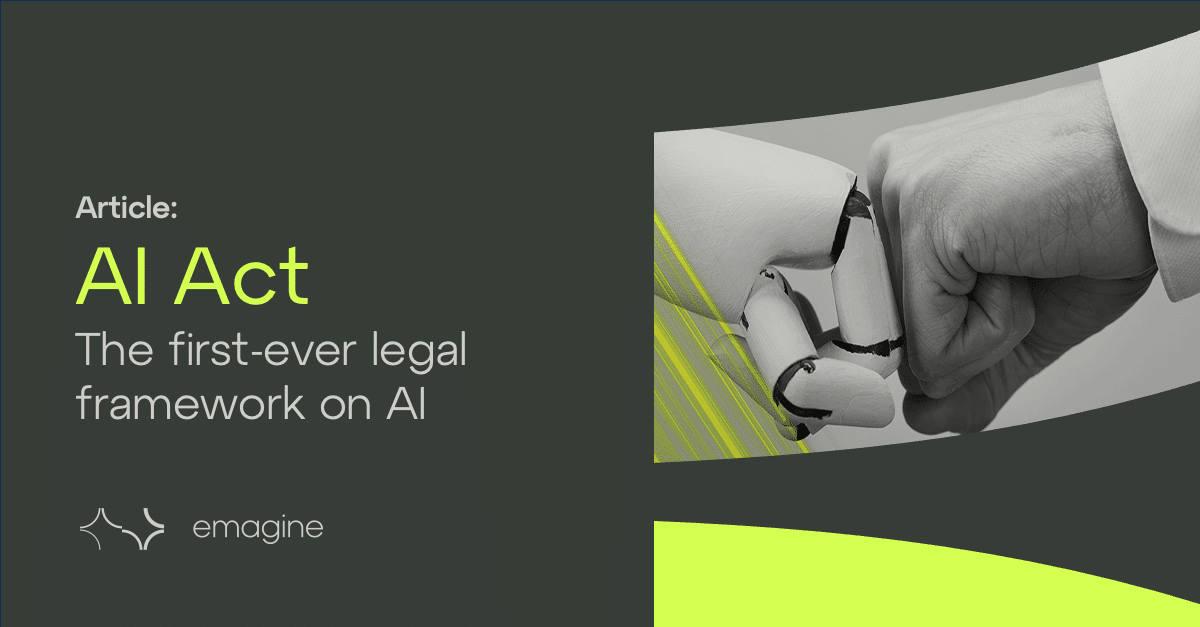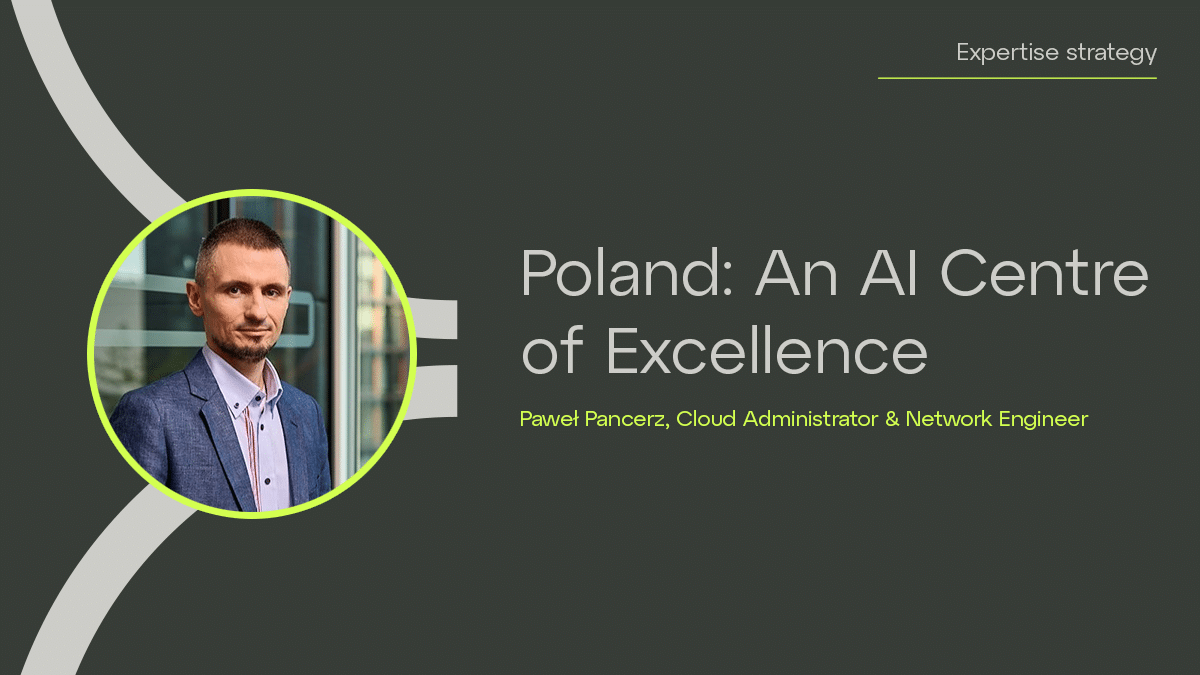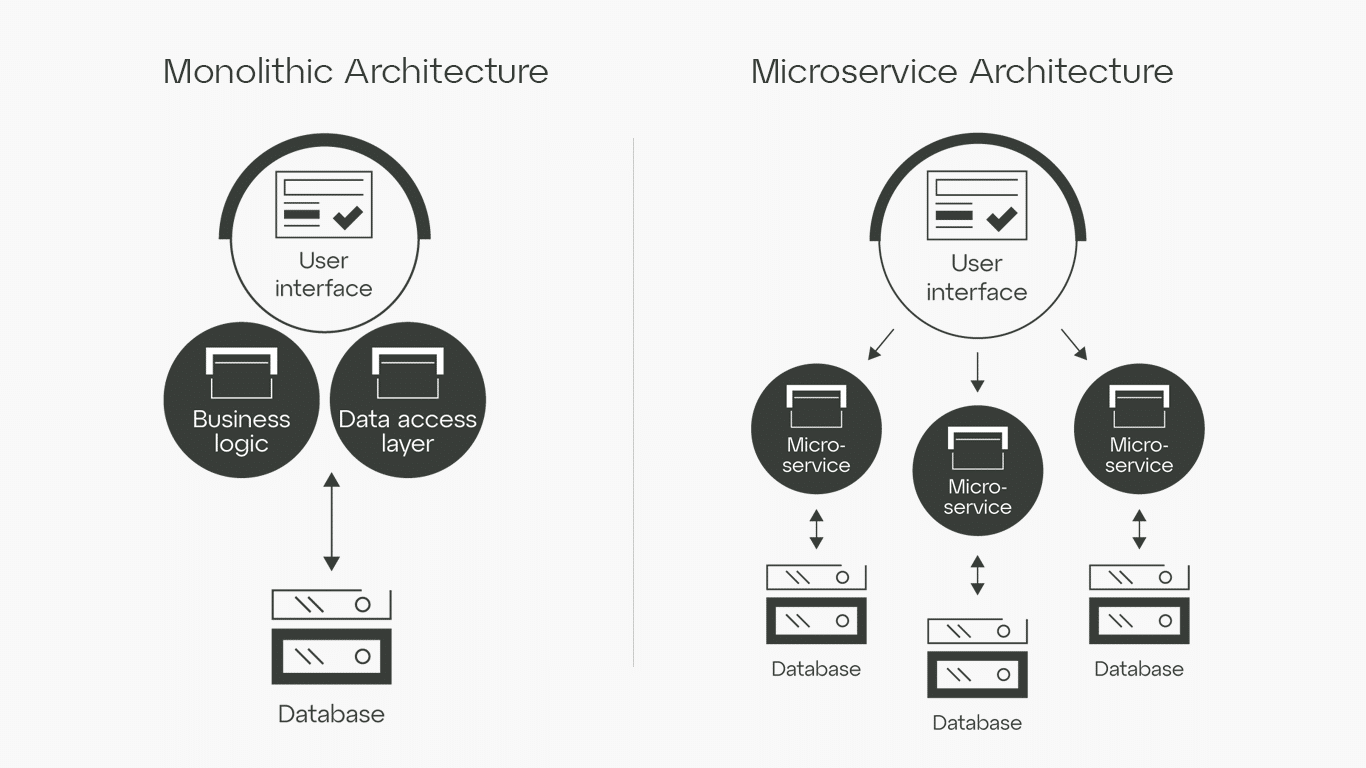Ask us how we can help you succeed.
As we move through 2025, artificial intelligence is evolving faster than ever, even outpacing the early Internet's growth.
While AI agents emerge as the standout trend, several parallel developments are reshaping how businesses operate.
This comprehensive look at the enterprise AI landscape reveals both immediate impacts and long-term implications for business leaders.
AI Agents: The new virtual workforce
Gartner's designation of "Agentic AI" as 2025's defining trend signals a fundamental shift in how work gets done. These autonomous AI agents represent a leap beyond traditional automation, capable of handling complex tasks with minimal oversight.
The impact is already substantial: Gartner forecasts that within four years, AI agents will autonomously handle 15% of daily workplace decisions – up from virtually zero today.
Early adopters are seeing remarkable results. The UK retail giant Pets at Home implemented an AI agent for financial loss investigations, projecting annual savings in the millions of pounds through autonomous pattern analysis.
McKinsey & Company's client onboarding agent achieved a 90% reduction in procedure time and a 30% decrease in workload, while Thomson Reuters' AI agent for due diligence analysis now performs certain tasks twice as fast, enabling greater client service efficiency.

































































